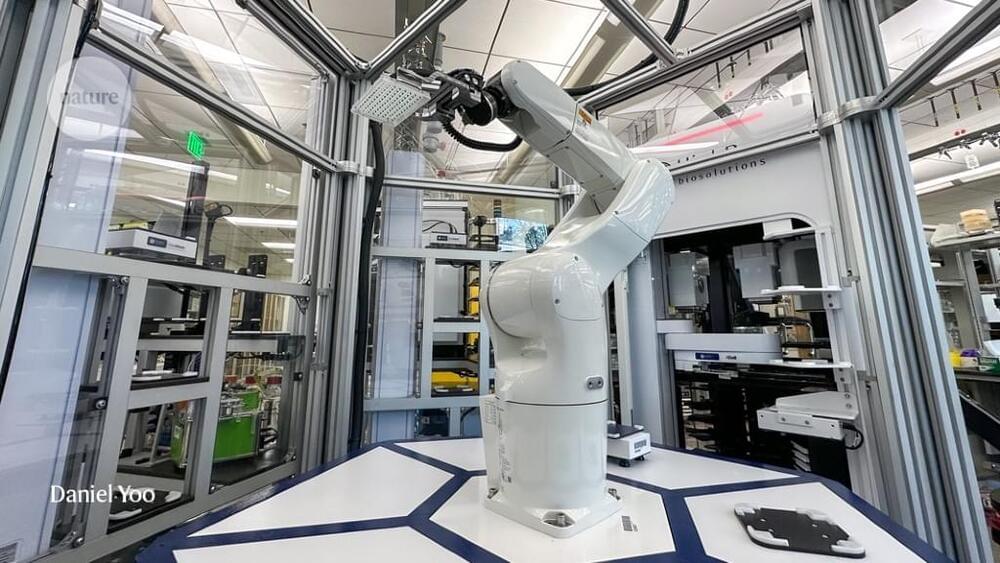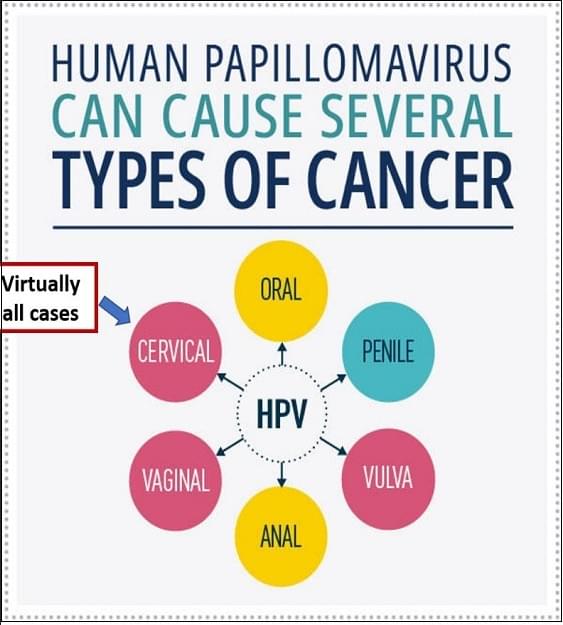And why many doctors do not realise it | Science & technology.



Global cancer cases in those under 50 surged by 79% over the past 30 years, with breast, windpipe, and prostate cancers leading the rise. The findings call for a global strategy emphasizing prevention, early detection, and tailored treatments for younger patients.
There’s been a striking 79% increase in new cases of cancer among the under 50s around the world over the past three decades (1990−2019), finds research published in the open-access journal BMJ Oncology.
Breast cancer accounted for the highest number of ‘early onset’ cases in this age group in 2019. But cancers of the windpipe (nasopharynx) and prostate have risen the fastest since 1990, the analysis reveals. Cancers exacting the heaviest death toll and compromising health the most among younger adults in 2019 were those of the breast, windpipe, lung, bowel, and stomach.

If you’ve done your “downward dog” yoga pose today, you’re probably feeling more relaxed. Regardless of your level of yoga expertise, if you’re practicing regularly, you can feel better from head to toe. Yoga offers physical and mental health benefits for people of all ages. And, if you’re going through an illness, recovering from surgery or living with a chronic condition, yoga can become an integral part of your treatment and potentially hasten healing. A yoga therapist can work with patients and put together individualized plans that work together with their medical and surgical therapies. That way, yoga can support the healing process and help the person experience symptoms with more centeredness and less distress.
-Aside from these, Yoga also is beneficial to people dealing with Parkinson’s disease. First off it reduces tremors, and it also improves the steadiness of the gait of people with Parkinson’s.
Learn what a Johns Hopkins expert and yoga researcher knows about the benefits and how to get started simply.

Two drugs from a class new to HIV medicine called BH3 mimetics were unveiled at July’s 12th International AIDS Society Conference on HIV Science (IAS 2023) in Brisbane. They may contribute to a cure for HIV by killing off long-lived cells that contain HIV genes in their DNA. Notably, venetoclax (Venclexta) and obatoclax only killed off cells containing intact DNA, capable of giving rise to new viruses, and did not delete cells containing defective, harmless DNA.
A number of drugs and treatments from the anti-cancer arsenal have been investigated as HIV cure research such as HDAC inhibitors, PD-1 inhibitors and therapeutic vaccines. (And, of course, the six successful cures so far have used the radical cancer therapy of a stem cell (bone marrow) transplant.)
This is not coincidental: cancer and AIDS are both the end result of mutations in the DNA of some of our cells. In the case of cancer they arise in the host DNA and in HIV infection they are introduced by a virus, but both are the result of ‘rogue genes’ (some other viruses, such as HPV, directly cause cancers).
Synchron has developed a Brain-Computer Interface that uses pre-existing technologies such as the stent and catheter to allow insertion into the brain without the need for open brain surgery.
Never miss a deal again! See CNET’s browser extension 👉 https://bit.ly/3lO7sOU
Check out CNET’s Amazon Storefront: https://www.amazon.com/shop/cnet?tag=lifeboatfound-20.
Follow us on TikTok: https://www.tiktok.com/@cnetdotcom.
Follow us on Instagram: https://www.instagram.com/cnet/
Follow us on Twitter: https://www.twitter.com/cnet.
Like us on Facebook: https://www.facebook.com/cnet.
#WhatTheFuture #Synchron #BCI

Artificial intelligence (AI) is the branch of computer science that enables machines to learn, reason, and problem solve. In recent decades, AI has been developed with the aim of improving the management of patients with brain tumours. This review article explores the role AI currently plays in managing patients undergoing brain tumour surgery, and explores how AI may impact this field in the future.
Artificial intelligence (AI) platforms have the potential to cause a paradigm shift in brain tumour surgery. Brain tumour surgery augmented with AI can result in safer and more effective treatment. In this review article, we explore the current and future role of AI in patients undergoing brain tumour surgery, including aiding diagnosis, optimising the surgical plan, providing support during the operation, and better predicting the prognosis. Finally, we discuss barriers to the successful clinical implementation, the ethical concerns, and we provide our perspective on how the field could be advanced.
Keywords: artificial intelligence, AI, neurosurgery, brain tumour, machine learning, deep learning, surgery, oncology.


A collaboration between researchers at the University of Illinois Urbana-Champaign and Duke University has developed a robotic eye examination system, and the National Institutes of Health has awarded the researchers $1.2 million to expand and refine the system.
The researchers have developed a robotic system that automatically positions examination sensors to scan human eyes. It currently uses an optical scan technique which can operate from a reasonably safe distance from the eye, and now the researchers are working to add more features that will help it perform most steps of a standard eye exam. These features will require the system to operate in closer proximity to the eye.
“Instead of having to spend time in a doctor’s office going through the manual steps of routine examinations, a robotic system can do this automatically,” said Kris Hauser, a U. of I. computer science professor and the study’s principal investigator. “This would mean faster and more widespread screening leading to better health outcomes for more people. But to achieve this, we need to develop safer and more reliable controls, and this award allows us to do just that.”

In a promising advance in its fight against cervical cancer, India recently launched its first locally produced version of the human papillomavirus (HPV) vaccine “Cervavac”. Currently, India lacks a national immunization program for carcinoma cervix eradication. Inclusion of Cervavac into the national immunization schedule will undoubtedly boost the fight against cervical cancer.
HPV is a group of more than 200 related viruses, sexually transmitted HPV types fall into two groups, low risk and high risk. High-risk HPVs can cause several types of cancer. HPV infection is common. Nearly all sexually active people are infected with HPV within months to a few years of becoming sexually active. Most HPV infections don’t cause cancer. Our immune system usually clears most of HPV infections. Only about 1% of High-risk HPV infections that persist can cause cancer. Human papillomavirus (HPV) infection is a well-established cause of cervical cancer and there is growing evidence of HPV being an important factor in other anogenital cancers (anus, vulva, vagina, and penis) as well as head and neck cancers.

One proven method for tracking down the genetic origins of diseases is to knock out a single gene in animals and study the consequences this has for the organism. The problem is that for many diseases, the pathology is determined by multiple genes, complicating the task for scientists trying to pinpoint the contribution of any single gene to the condition. To do this, they would have to perform many animal experiments – one for each desired gene modification.
Researchers led by Randall Platt, Professor of Biological Engineering at the Department of Biosystems Science and Engineering at ETH Zurich in Basel, have now developed a method that will greatly simplify and speed up research with laboratory animals: using the CRISPR-Cas gene scissors, they simultaneously make several dozen gene changes in the cells of a single animal, much like a mosaic.
While no more than one gene is altered in each cell, the various cells within an organ are altered in different ways. Individual cells can then be precisely analyzed. This enables researchers to study the ramifications of many different gene changes in a single experiment.